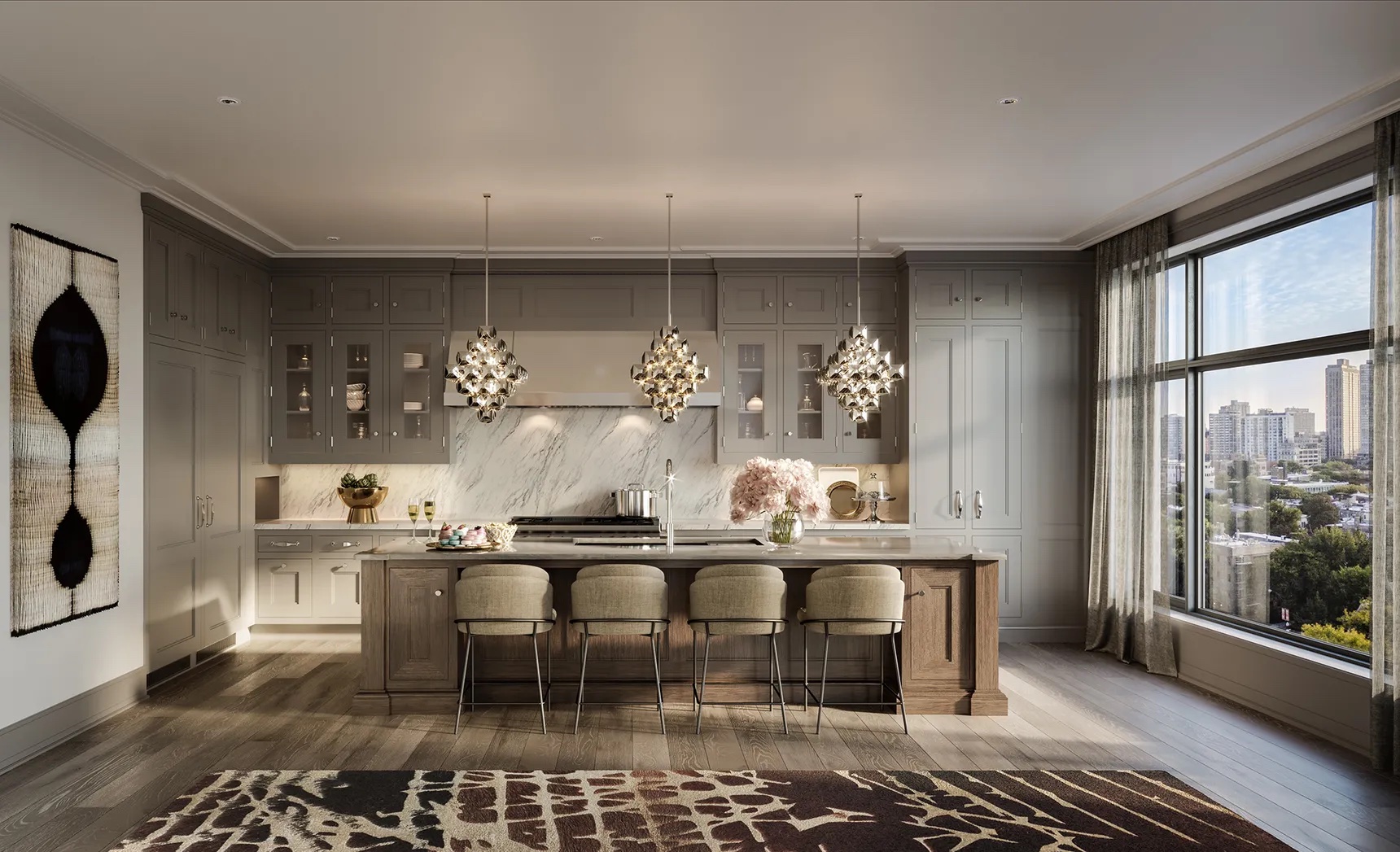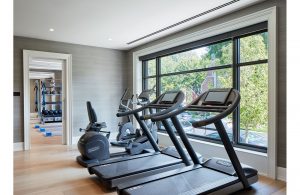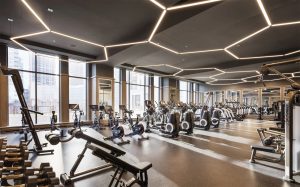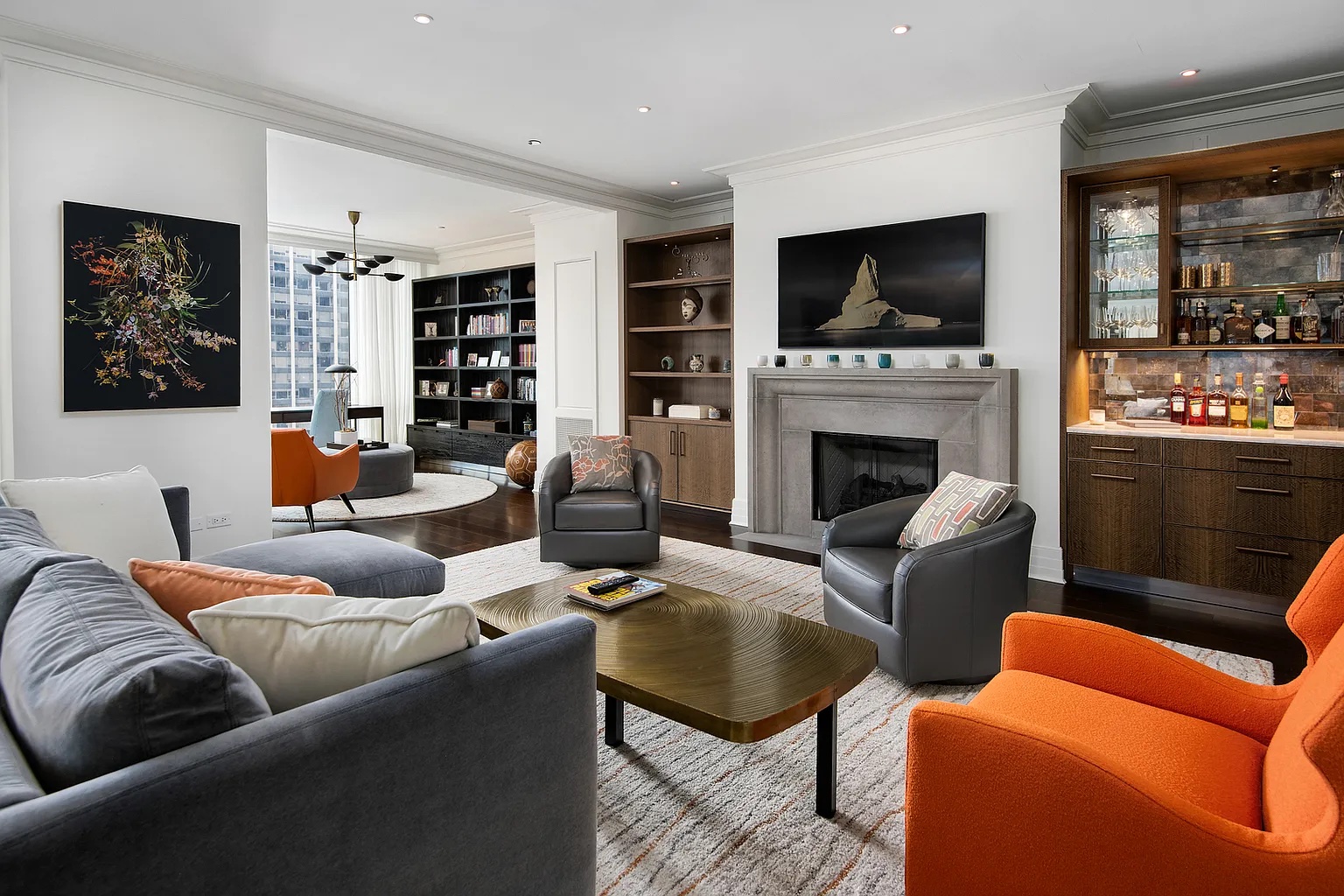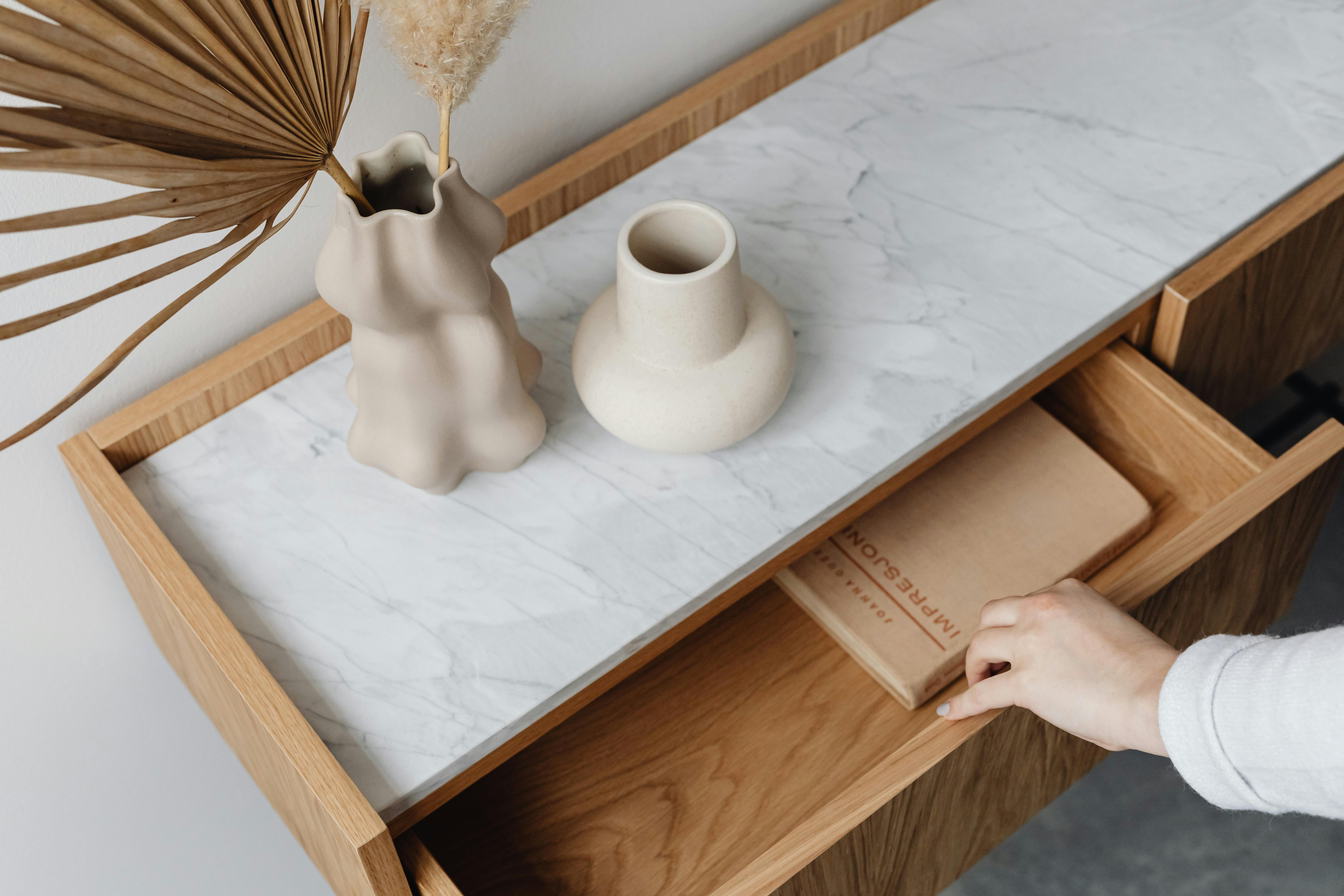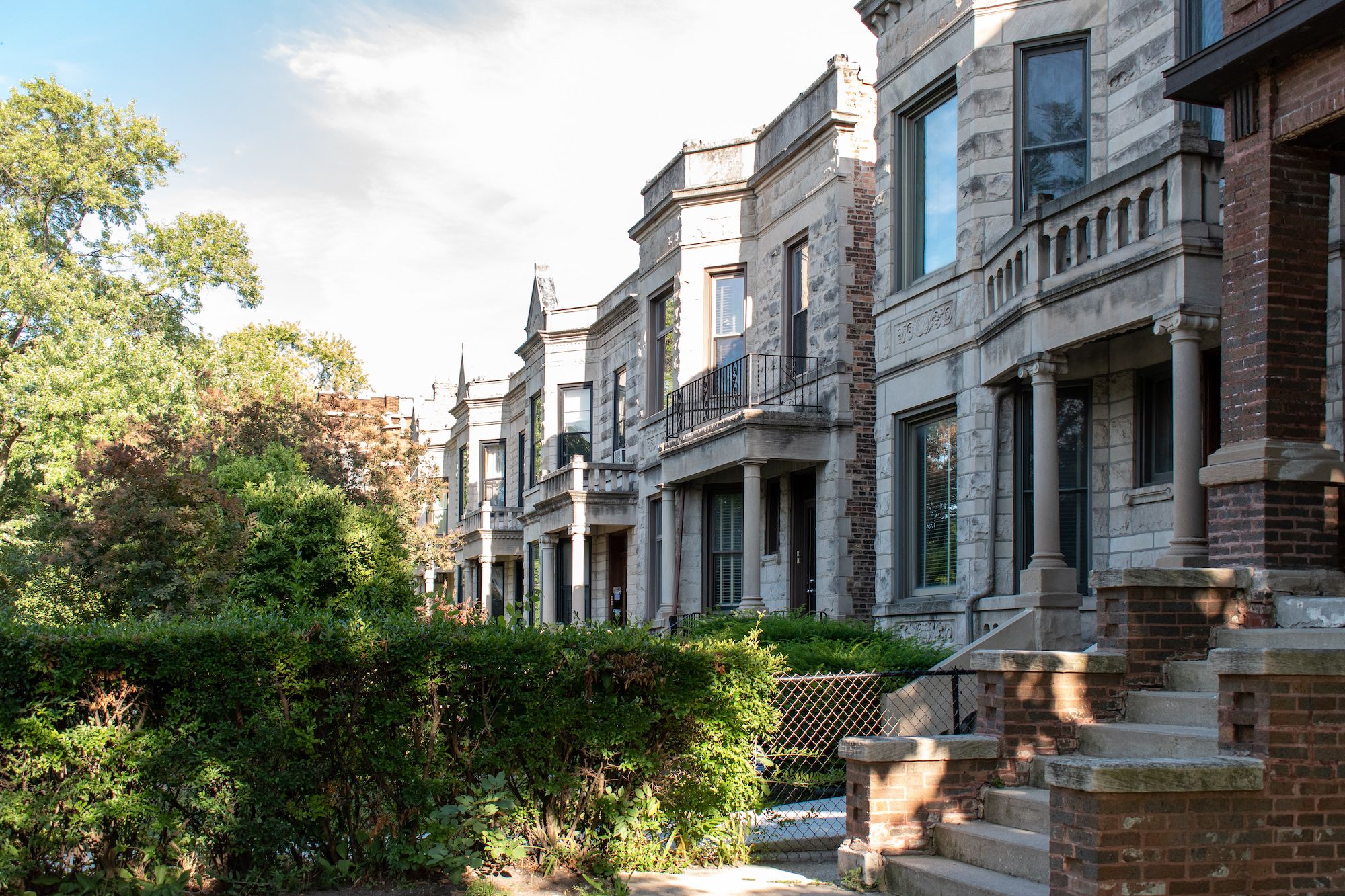Buying a condo in Chicago comes with a lot of exciting decisions — location, layout, amenities, and of course, budget. One detail many buyers don’t think about right away is insurance. Understanding condo insurance vs. homeowners insurance is key to protecting your new investment.
While both policies protect your home and belongings, they cover very different things.
Why Insurance Works Differently for Condos
The biggest difference in condo insurance vs. homeowners insurance comes down to ownership.
When you own a house, you’re responsible for the entire structure, inside and out. When you own a condo, you typically only own everything inside your unit’s walls. The building exterior and shared spaces are usually covered by the condo association’s master insurance policy.
That shared responsibility changes the type of coverage you need.
What Homeowners Insurance Covers
Homeowners insurance is designed for single-family homes and usually includes:
- The full structure of the house (roof, walls, foundation)
- Attached features like garages or decks
- Personal belongings inside the home
- Liability coverage if someone is injured on your property
- Temporary living expenses if your home becomes unlivable after a covered loss
Because it covers the entire property, homeowners’ insurance is more comprehensive and often more expensive.
What Condo Insurance Covers
Condo insurance, also known as an HO-6 policy, focuses on the areas the unit owner is responsible for.
In a condo insurance vs. homeowners insurance comparison, condo insurance typically includes:
Interior coverage:
Protects the inside of your unit, which may include flooring, cabinets, countertops, and built-in fixtures. What’s included depends on the condo association’s master policy.
Personal property:
Covers your belongings like furniture, electronics, clothing, and decor if they’re damaged or stolen.
Liability protection:
Helps cover legal and medical costs if someone is injured inside your unit and you’re found responsible.
Loss assessment coverage:
If there’s damage to a shared area and the HOA’s policy doesn’t fully cover it, owners may be charged a portion. This coverage can help pay your share.
Key Differences at a Glance
Here’s a simple way to think about condo insurance vs. homeowners insurance:
| Coverage | Condo Insurance | Homeowners Insurance |
|---|---|---|
| Building Structure | Interior of the unit | Entire home |
| Exterior | HOA master policy | Your policy |
| Common Areas | HOA master policy | Not applicable |
| Personal Belongings | Covered | Covered |
| Liability | Mostly inside the unit | Entire property |
Why the HOA Policy Matters
Before choosing condo insurance, buyers should review the building’s master policy. Some associations only ensure the “bare walls,” while others cover original fixtures and finishes. The less the HOA covers, the more protection you’ll need in your personal policy.
The Bottom Line
When comparing condo insurance vs. homeowners insurance, it’s really about how much of the property you’re responsible for. Condo owners insure their unit’s interior and belongings, while homeowners insure the entire structure and land.
Before closing on a Chicago condo, make sure you understand where the HOA coverage stops, and your personal responsibility begins. The right insurance policy ensures your home and your finances are protected from unexpected events.
How Luxury Living Can Help You Find the Right Condo
Insurance is just one of many details to think about when buying a home in Chicago. From understanding HOA rules and monthly assessments to comparing building amenities and long-term resale value, there’s a lot that goes into choosing the right property.
The good news is you don’t have to figure it all out on your own. The Luxury Living team is here to guide you through every step of the buying process and help you feel confident in your decisions.
A licensed broker can help you evaluate different buildings, review important association details, and navigate key considerations, including the differences between condo insurance vs. homeowners insurance. So you find a home that truly fits your lifestyle and goals.
Ready to get started on your search? Reach out to Luxury Living today, and let’s find your dream Chicago condo.




